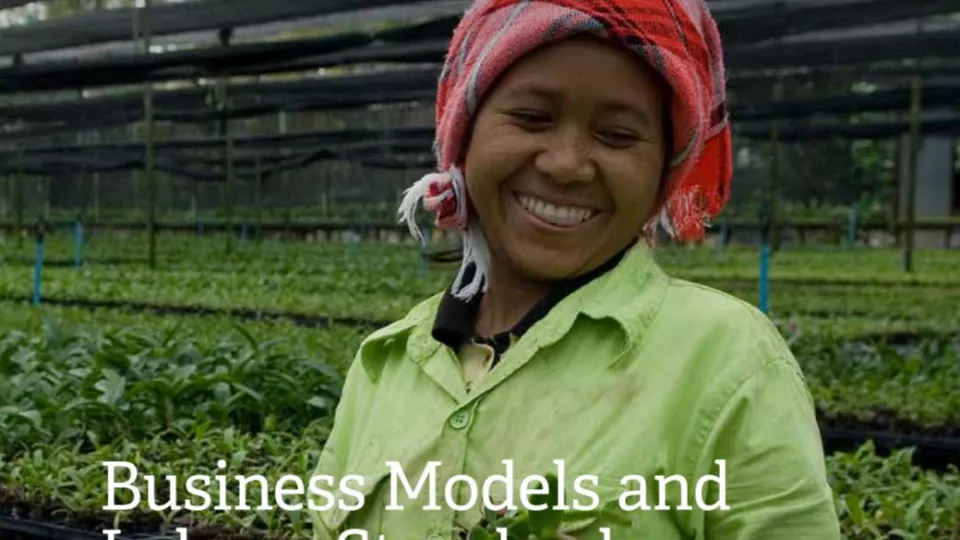New report out on "Business Models and Labour Standards: Making the Connection", co-written by Professor Nancy Bocken at the IIIEE.
Abstract:
Despite retailers spending significant sums on Corporate Social Responsibility (CSR) and other related initiatives little progress is being made in terms of developing substantive improvements in working conditions for production workers.
Two key weaknesses can be identified which operate on different levels:
• First, at the level of production, CSR initiatives have been criticised for being little more than a ‘sticking plaster’ and for being more about protection of corporate reputations than really improving the conditions of workers.
• Secondly, and the main focus of this report, is that while such initiatives may be well meaning, they are aimed at treating the symptoms of the problem rather than tackling the underlying causes: the very nature of the business model.
This report is aimed at opening up a new front of discussion that looks at how business models create these downward pressures on labour standards and argues that until such models are changed the problems with the CSR approach will persist. As will be discussed, the ways in which the business models might change can differ greatly, but until the models change the problems will persist.
The report, focusing on the apparel and food sectors, thus has two objectives: 1. To understand how flaws in prevailing business models create systemic downward pressures on workers’ rights; 2. To identify opportunities for Business Model Innovation and draw lessons from these.


